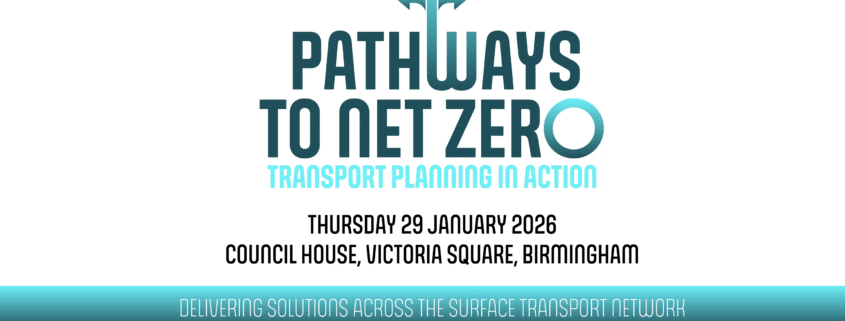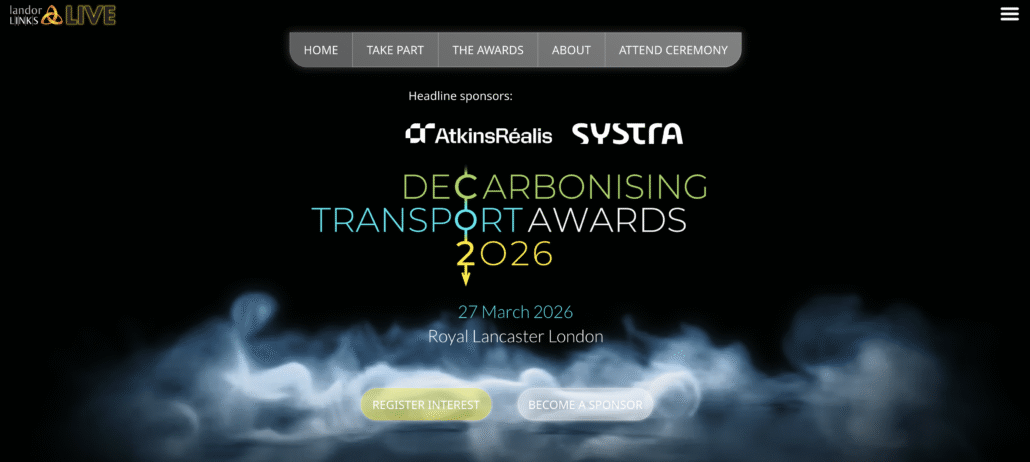
The UK government aims to achieve net zero in transport across all sectors by 2050, driven by the 2021 Transport Decarbonisation Plan (TDP) and a ban on the sale of new petrol and diesel cars by 2030, with vans following in 2035.
Pathways to Net Zero: Transport Planning in Action will feature keynotes, case studies and expert panels to showcase the ways in which the surface transport network is changing to meet these critical targets.
A COMPLEX SYSTEMS CHALLENGE
Achieving a net zero surface transport network by 2050 involves a comprehensive, system-wide strategy. Key actions include accelerating the shift to zero-emission vehicles such as electric cars and hydrogen-powered heavy goods vehicles, rapidly expanding charging infrastructure, delivering an integrated transport strategy, improving public transport and encouraging active travel.
These actions need to be supported by initiatives to influence public attitudes to travel – making it safe, easy and convenient to switch to non-private car modes, enabling a shift away from road expansion and a reduction traffic growth.
Solutions that focus on technology and electric vehicles have a critical role to play, but focusing solely on EVs underestimates the impact other transport related interventions can have.
Diversifying options can help the UK to develop an optimised path to net zero – identifying approaches to transport decarbonisation that reduce more emissions while also delivering positive transport, health and social outcomes.
For more information and to register, visit the event website: https://www.landorlinks.uk/pathways2netzero






